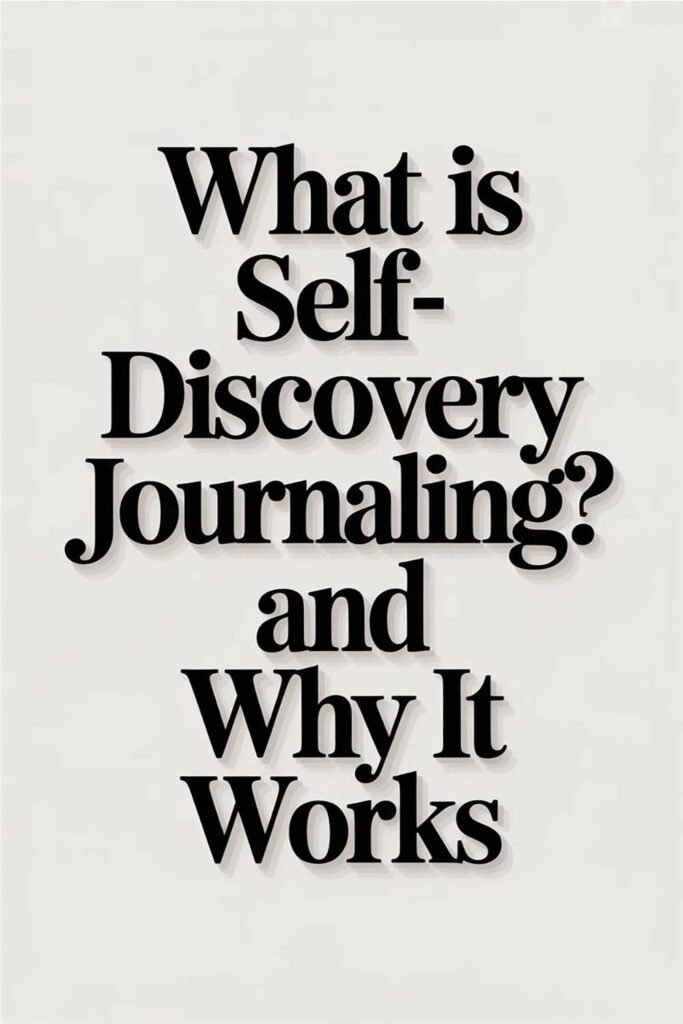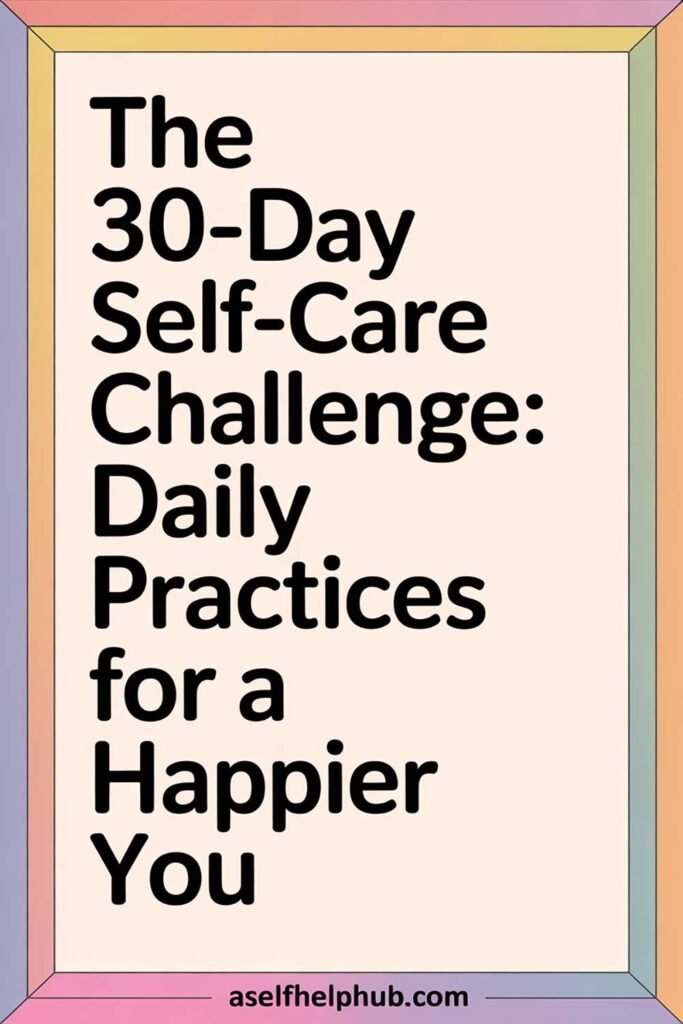
How to Let Go of Grudges and Forgive
Holding onto grudges can weigh heavily on your emotional well-being, creating resentment and preventing you from moving forward. Forgiveness, on the other hand, is a powerful tool for healing and reclaiming peace in your life. While letting go of past hurts isn’t always easy, it is a crucial step toward emotional freedom and healthier relationships.
In this article, we’ll explore why forgiveness matters, common challenges, and practical strategies to let go of grudges and embrace a more forgiving mindset.

Why Forgiveness Matters
1. Reduces Emotional Burden
Forgiveness alleviates feelings of anger, bitterness, and stress, freeing up mental and emotional energy.
2. Improves Mental Health
Letting go of grudges is linked to lower anxiety, depression, and improved overall well-being.
3. Enhances Relationships
Forgiveness fosters understanding and strengthens connections with others, creating space for growth and healing.
4. Promotes Personal Growth
Releasing resentment helps you focus on the present and future, rather than being stuck in past grievances.
Common Challenges in Forgiveness
1. Fear of Vulnerability
Forgiving someone can feel like exposing yourself to potential hurt again.
2. Belief That Forgiveness Equals Approval
Forgiving doesn’t mean condoning harmful actions; it’s about releasing their hold on you.
3. Difficulty Letting Go of Anger
Resentment can feel justified, making it hard to move on.
4. Lack of Closure
Not receiving an apology or acknowledgment can make forgiveness feel incomplete.
Strategies to Let Go of Grudges and Forgive
1. Reflect on the Impact
Consider how holding onto a grudge affects your mental and emotional health. Ask yourself:
- How is this resentment impacting my happiness and relationships?
- What could I gain by letting it go?
2. Acknowledge Your Feelings
Allow yourself to fully process your emotions, including anger, sadness, or disappointment. Journaling or speaking with a trusted friend can help.
3. Separate the Person from the Action
Recognize that people make mistakes and that their actions don’t necessarily define them.
- Example: “What they did hurt me, but it doesn’t mean they’re a bad person overall.”
4. Shift Your Perspective
Try to understand the other person’s point of view. This doesn’t excuse their behavior but can create space for empathy.
- Ask yourself: “What might have driven them to act this way?”
5. Focus on the Present
Redirect your energy toward what brings you joy and fulfillment in the present, rather than reliving past pain.
6. Practice Self-Compassion
Forgiveness begins with yourself. Release any guilt or blame you may be holding onto for allowing the situation to affect you.
- Tip: Use affirmations like, “I deserve peace and freedom from resentment.”
7. Consider Professional Support
Therapy or counseling can provide valuable tools and guidance for processing complex emotions and moving toward forgiveness.
8. Take Small Steps
Forgiveness is a process, not a one-time decision. Start small by mentally wishing the person well or letting go of minor irritations.
The Benefits of Forgiveness
- Emotional Freedom: Letting go of grudges reduces emotional baggage and increases inner peace.
- Stronger Relationships: Forgiveness can rebuild trust and foster deeper connections.
- Improved Health: Reduced stress and improved physical well-being are often associated with forgiveness.
- Increased Resilience: Learning to forgive equips you to handle future challenges with grace.
Picture This
Imagine feeling a sense of lightness and relief as you finally let go of a long-held grudge. The anger and bitterness that once weighed you down are replaced with a calm acceptance and renewed focus on your present happiness. You feel more at peace, your relationships improve, and your emotional well-being flourishes.
By choosing forgiveness, you reclaim your power and create space for positivity and growth in your life.






